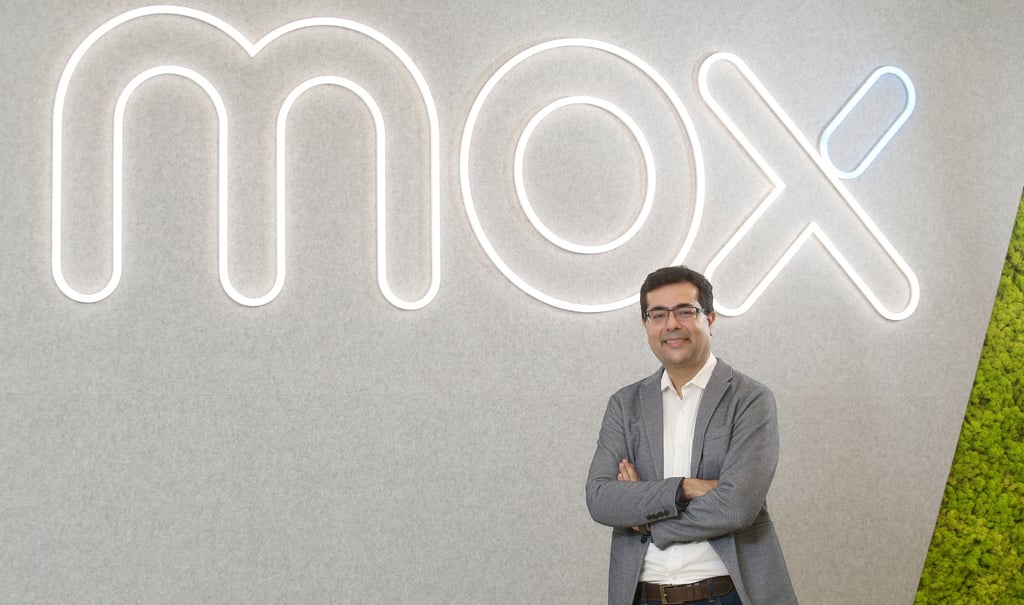Hong Kong-based virtual bank Mox has launched a cryptocurrency exchange-traded fund (ETF) service for customers, as it ramps up service offerings months after launching its Mox Invest platform amid Hong Kong’s push to transform the city into a virtual asset hub.
“The launch of crypto ETFs is just the start of what Mox intends to offer in the crypto investing space,” Jayant Bhatia, the bank’s chief product officer, told the Post in an interview on Monday. “We want to offer a safer way to an asset class for customers to diversify investments.”

Bhatia did not say when crypto trading will be available on Mox, but said the bank will team with a licensed exchange to offer the service. Hong Kong requires operators without a virtual asset trading platform licence to use a licensed exchange for crypto trading. Only local exchanges HashKey and OSL are licensed to offer retail crypto trading so far, and they have only offered bitcoin and ether trading for retail.
While Hong Kong’s spot bitcoin and ether ETFs can be purchased through any traditional trading platform, Mox is seeking to differentiate itself on price, highlighting its low overhead as a completely virtual bank.
Mox is charging 0.12 per cent of the transaction volume with a minimum of HK$30 (US$3.84) for Hong Kong-listed ETFs, and 0.01 per cent per share with a minimum of US$5 for US-listed ETFs.
“This is very competitive and is actually the cheapest among banks in Hong Kong,” said Henry Lau, Mox’s head of investment. Bhatia added that it is nearly half the price of what traditional Hong Kong banks offer.
Mox has entered the crypto financial services market as cryptocurrencies have entered a rough patch after a high-flying first half of the year. Months after reaching a record US$73,738 in March, according to CoinGecko data, the price of bitcoin plummeted by as much as 16 per cent on Monday amid economic uncertainty as investors sold off equities and other assets.
Recent bitcoin price declines are some of the biggest seen since the 2022 collapse of the crypto exchange FTX. Bitcoin briefly traded below US$50,000 on Monday afternoon, although it clawed it way back up past US$52,000 by the evening.
“There are obviously volatility risks which customers need to understand,” Bhatia said. “We will ensure that the risks are made very transparent to customers, and we would recommend that they have diversified asset classes to manage their investments. I think starting with ETFs is the first step in the right direction.”
Later in the year, Mox plans to launch a “core portfolio” solution that the company said will bring professional-level trading features to retail investors. The product will be tailored to a customer’s profile and risk tolerance.
Even with crypto’s wild price swings, Bhatia said Hongkongers are “savvy investors” who “need to look at investing tools that give them optionalities, whether it’s direct equities, ETFs, gold, funds, and now in crypto”.
About 28 per cent of Mox customers are already invested in crypto, according to Bhatia, and 18 per cent of those customers are active crypto traders.
“We fundamentally believe that crypto investing is here to stay,” Bhatia said, “and our objective is to ensure that we offer it in a secure manner.”





